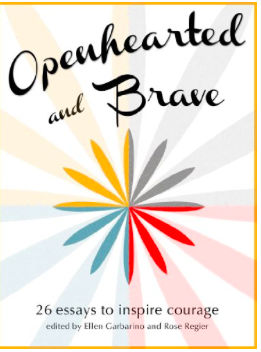
Last night before retiring, I read the chapter “Why I am Mystical/Poetic” in Brian McLaren’s aGenerous Orthodoxy. McLaren referenced several points from theologian Walter Brueggemann’s introductory essay to Finally Comes the Poet which speaks of the Gospel being a “truth widely held, but a truth greatly reduced. It is a truth that has been flattened, trivialized, and rendered inane.”
Both authors go on to make the point that “reduced speech leads to reduced lives.” The point being how do we resurrect a truth that is buried in prose. Here is what Brueggeman suggests:
“To address the issue of a truth greatly reduced requires us to be poets that speak against a prose world. The terms of that phrase are readily misunderstood. By prose I refer to a world that is organized in settled formulae, so that even pastoral prayers and love letters sound like memos. By poetry, I do not mean rhyme, rhythm, or meter, but language that moves like Bob Gibson’s fast ball, that jumps at the right moment, that breaks open old worlds with surprise, abrasion, and pace. Poetic speech is the only proclamation worth doing in a situation of reductionism, the only proclamation, I submit, that is worthy of the name preaching.”
Makes sense to me. Have you ever tried to describe a deep feeling with words? When I struggled with how to describe
Jesus in three lines, prose felt totally inadequate. When the words would not come, they made their way in
poetry.
So, here’s to the poets of the world! Which leads to one last offering. This morning I read Tess’ Sunday Collection (always a Sunday favorite!) which aptly this week is a tribute to poetry. Take a look. Read a poem. Maybe write one if you feel so called.
photo by geezer dude
 Tuesday, August 28, 2007 at 5:21 PM
Tuesday, August 28, 2007 at 5:21 PM  the gilded cage opened and streams of life drifted outward.
the gilded cage opened and streams of life drifted outward.







